Countries reached a climate finance deal at COP29, but the amount of money has been met with mixed opinions.
After nearly two weeks of intense work, even exceeding the deadline by more than 30 hours, representatives of countries participating in the United Nations Conference on Climate Change (COP29) held in Azerbaijan yesterday approved a financial target of 300 billion USD to support efforts to respond to climate change.
Increased but not enough?
The agreement in Baku (Azerbaijan) stipulates that the total amount of money that developed countries must provide is at least 300 billion USD per year until 2035, 100 billion USD higher than the previous agreement, according to AFP.
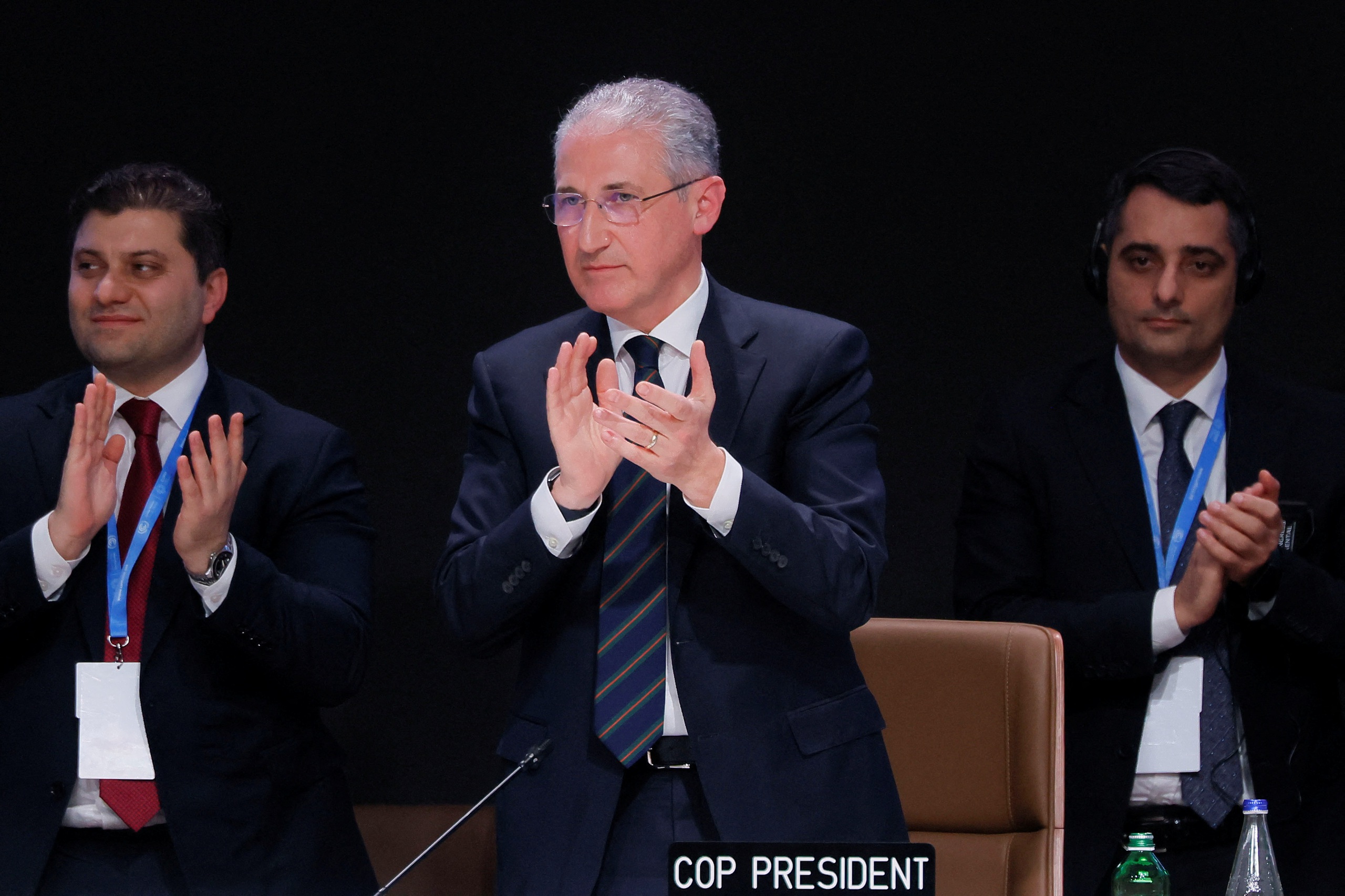
COP29 President Mukhtar Babayev applauds after the end of the COP29 conference session on November 24.
The European climate data observatory Copernicus Climate said in early November that 2024 is “almost certain” to be the hottest year on record in nearly 85 years. October was 1.65 degrees Celsius above pre-industrial levels, marking the 15th month in a 16-month cycle in which average temperatures exceeded the 1.5-degree Celsius threshold set by the Paris Agreement on climate.
The document also states that 23 developed countries and the European Union (EU) are obliged to contribute to climate finance. "It has been a difficult journey, but we have reached an agreement. This new financial target is an insurance policy for humanity, as the impacts of climate change are becoming more severe and affecting every country," said Simon Stiell, executive secretary of the treaty, known as the UN Framework Convention on Climate Change. The $300 billion will come from a variety of sources, including government budgets, private investment and other financial mechanisms.
However, some developing countries say the final figure is still lower than the $500 billion a year that rich countries have called unrealistic given the current economic situation. Economists, meanwhile, estimate that the world needs $1.3 trillion a year to deal with the climate crisis. US President Joe Biden hailed the agreement on November 24 as an important step forward and an ambitious plan, while UK Energy Secretary Ed Miliband said that while the COP29 announcement did not please everyone, the $300 billion financial package could protect nearly a billion people from the effects of climate change if used properly.
In contrast, delegations from Africa, India and the Marshall Islands in the Pacific criticized the amount pledged as too small and insufficient to address pressing issues. In addition, some developing countries expected the financial package to be provided in the form of grants rather than loans, which would add to debt pressures.
Heat in the meeting room
The COP29 conference took place at the end of a year with a series of natural disasters and extreme weather occurring around the world. The urgency of finding solutions to climate change was clearly shown, and the COP29 conference went straight to the heart of the financial issue. However, at this time, the conflicting views on the amount of money needed and how much each country should contribute became a bottleneck. The West is also said to put current immediate priorities such as geopolitical tensions and high inflation over the climate issue. The US and EU want rich emerging economies such as China, the world's second largest economy, to participate. However, the final draft of the agreement only "encourages" developing countries such as China and Saudi Arabia to contribute voluntarily.
At one point, it seemed as though the conference would end without an agreement, as representatives of several disgruntled countries walked out of the negotiating room on November 23. The deadline was November 22, but delegates had to extend the deadline, so that the host country, Azerbaijan, could finally close with a document agreed upon by nearly 200 countries. The November 24 agreement also sets the framework for next year’s climate summit in Brazil, where countries can outline concrete actions.
According to Reuters, despite the agreement, how the money will actually be allocated remains a question mark. In particular, US President-elect Donald Trump, who takes office next year, has raised doubts about the implementation of the commitment, as he has opposed climate agreements and foreign aid.
Source: https://thanhnien.vn/buc-tranh-hai-mat-sau-cam-ket-khi-hau-cop29-185241124231135045.htm





![[Photo] Looking back at the impressive moments of the Vietnamese rescue team in Myanmar](https://vstatic.vietnam.vn/vietnam/resource/IMAGE/2025/4/11/5623ca902a934e19b604c718265249d0)
![[Photo] "Beauties" participate in the parade rehearsal at Bien Hoa airport](https://vstatic.vietnam.vn/vietnam/resource/IMAGE/2025/4/11/155502af3384431e918de0e2e585d13a)



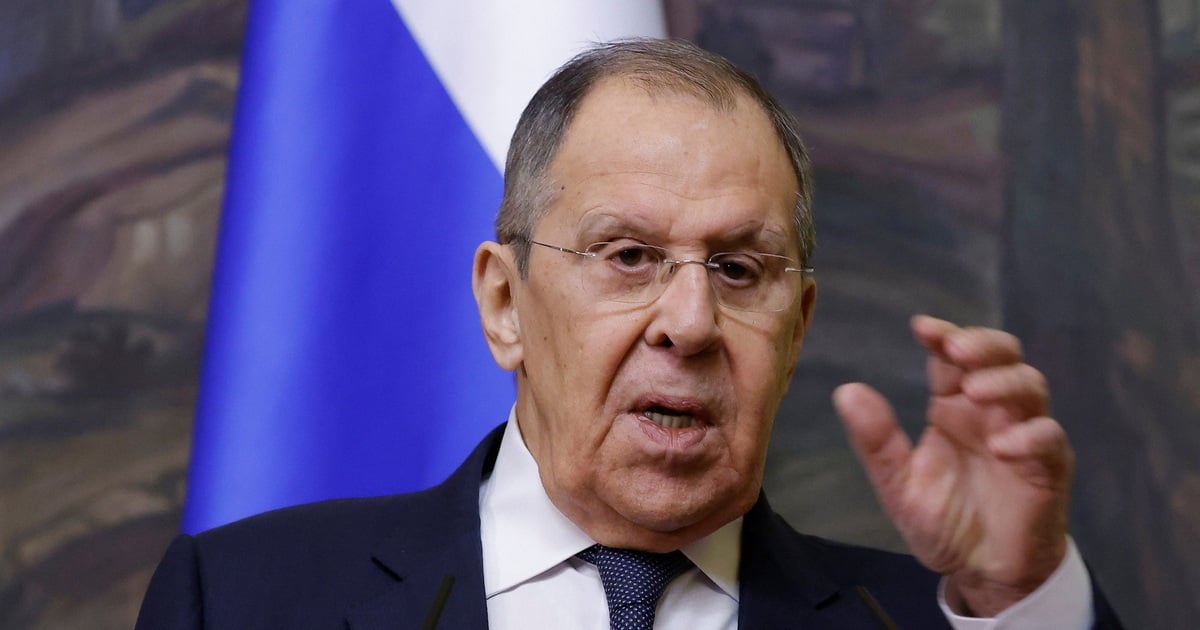
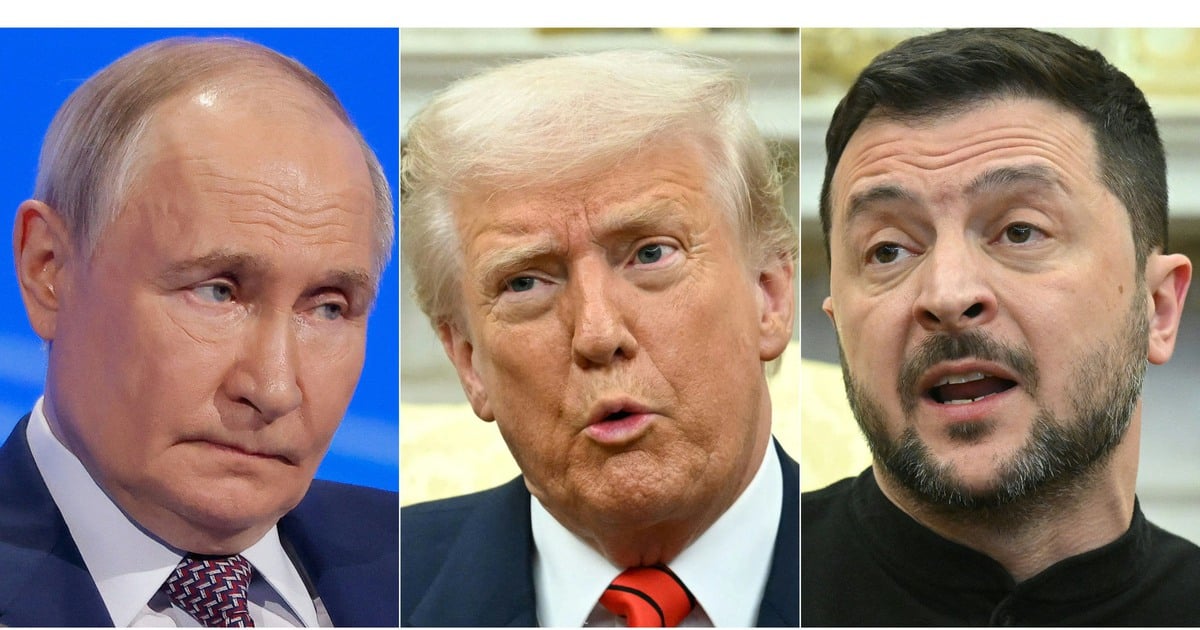
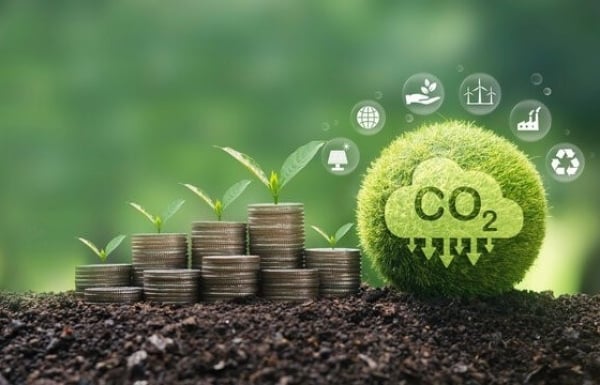









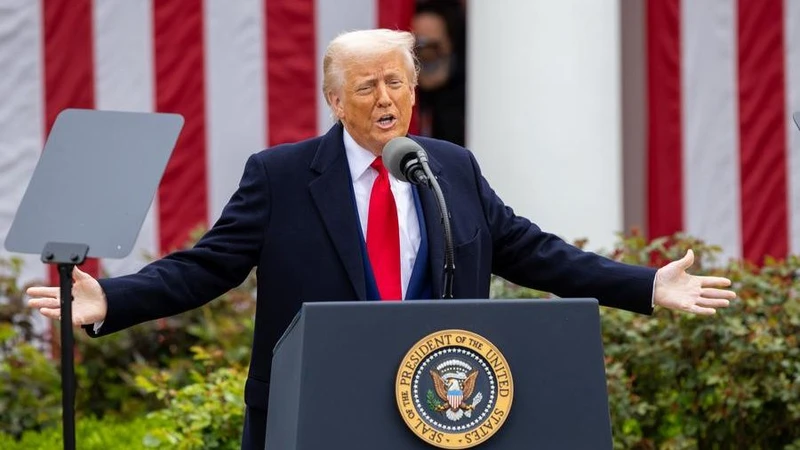


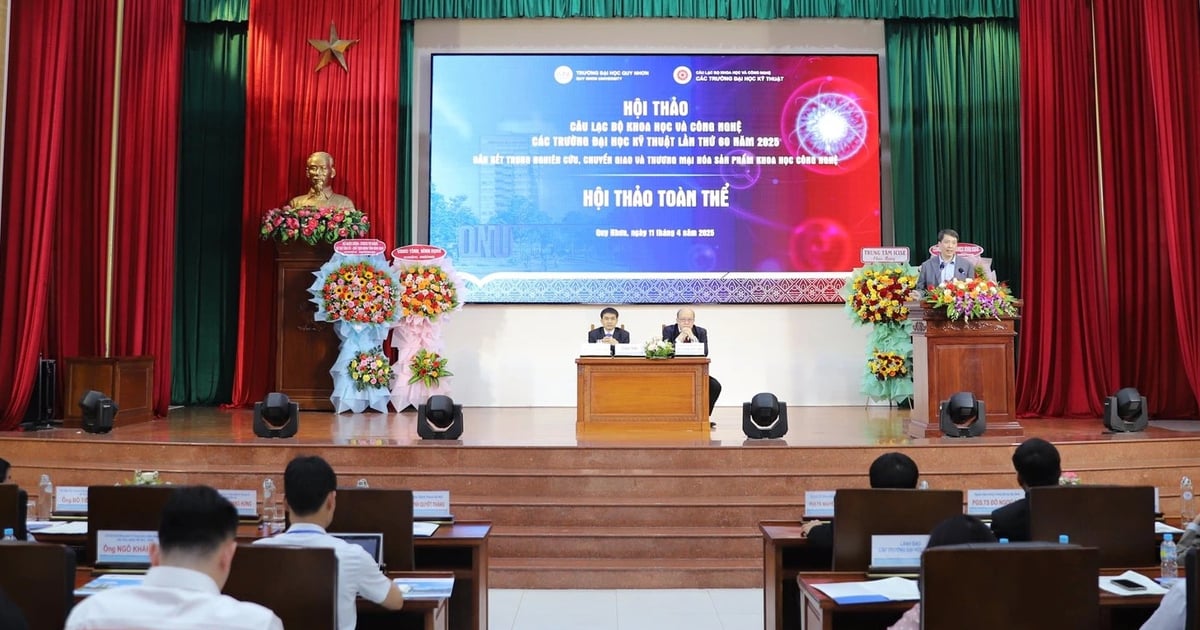
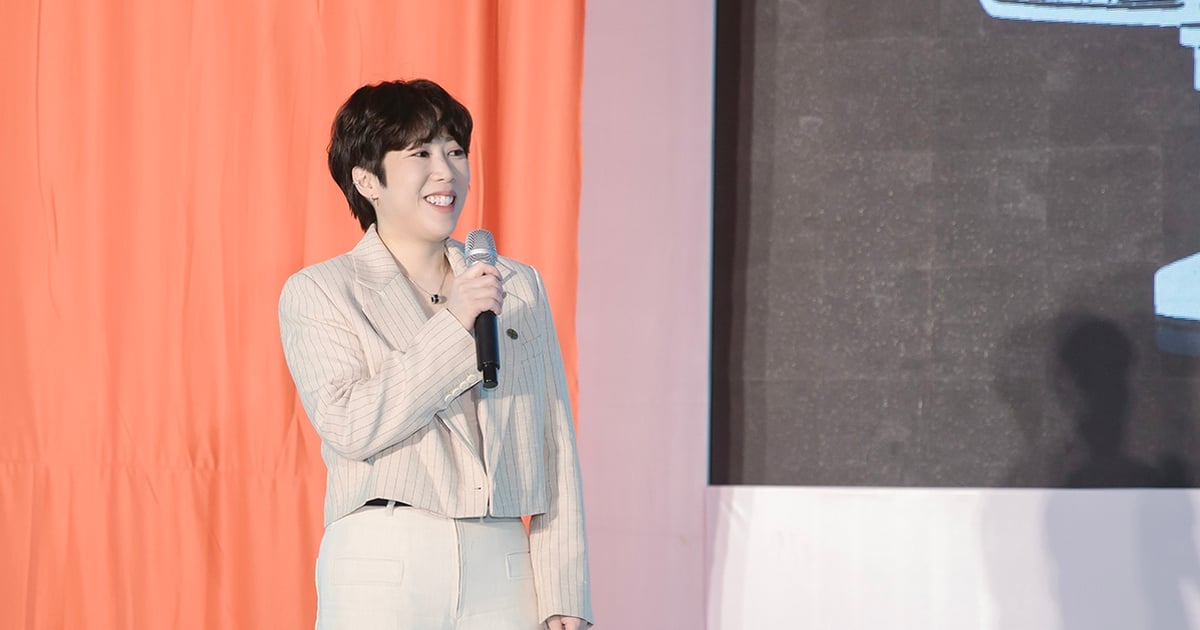
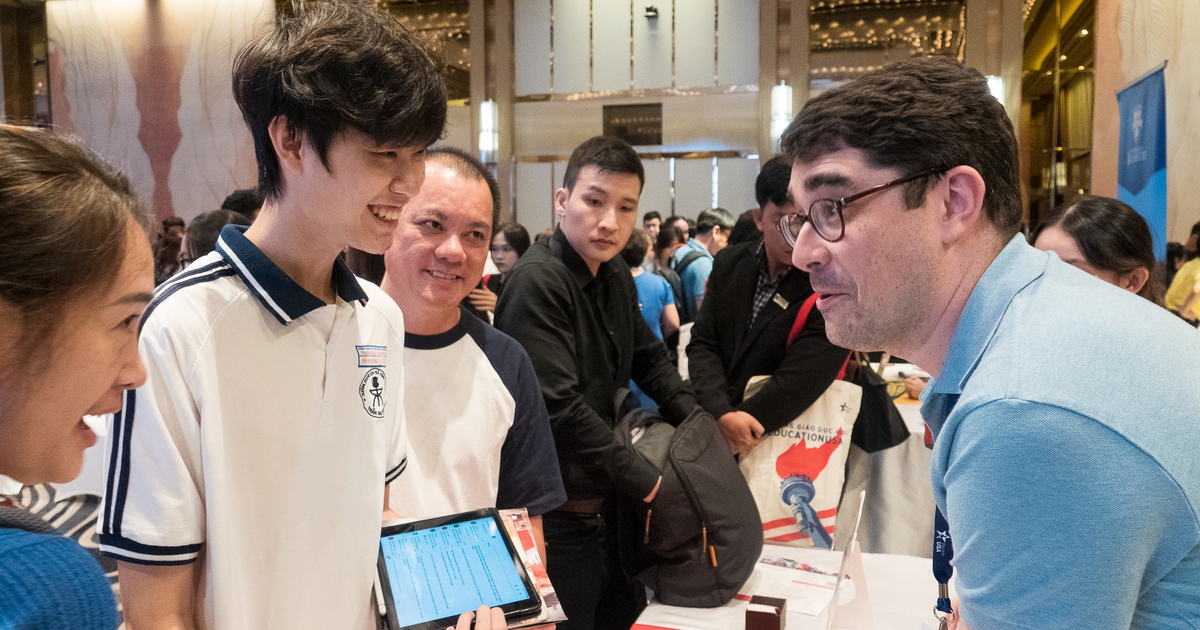
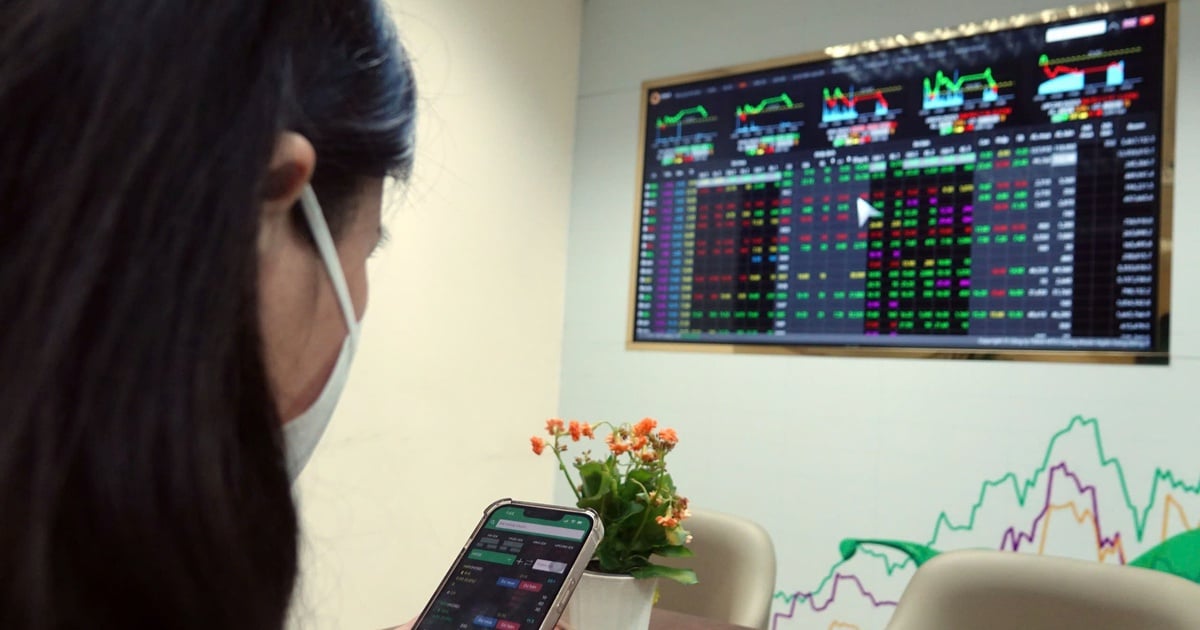

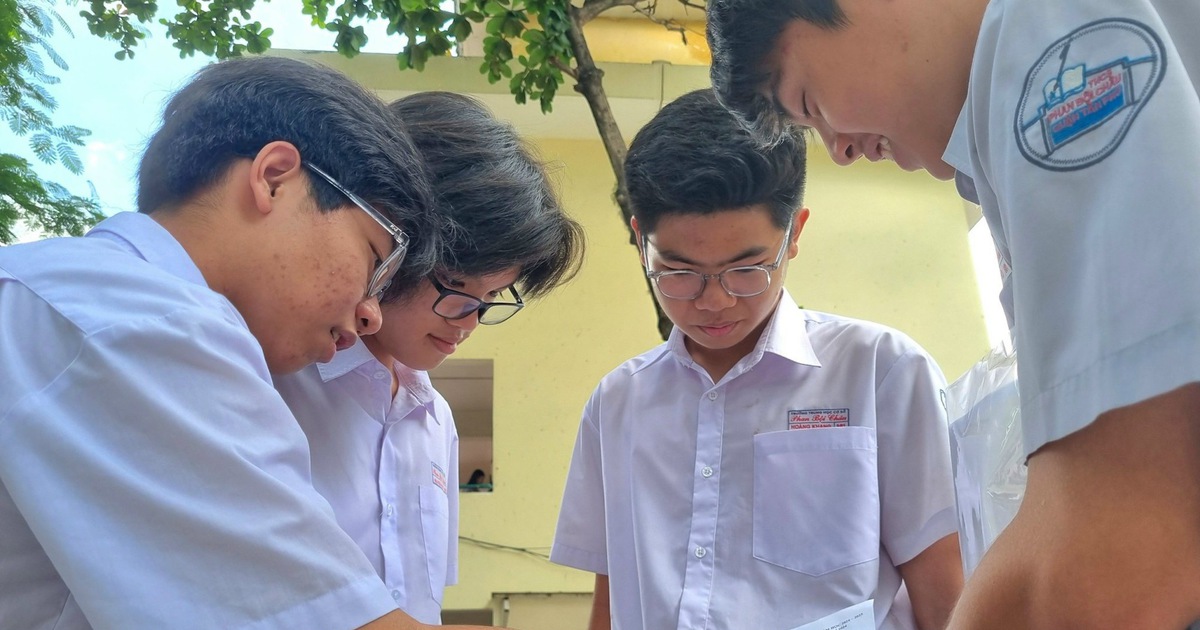
![[Photo] Summary of parade practice in preparation for the April 30th celebration](https://vstatic.vietnam.vn/vietnam/resource/IMAGE/2025/4/11/78cfee0f2cc045b387ff1a4362b5950f)








































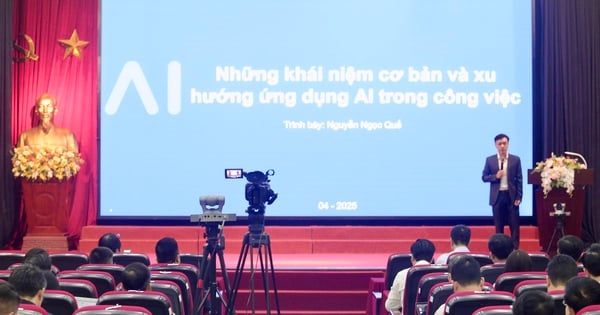
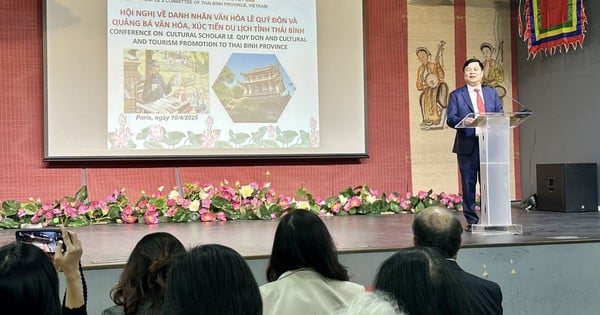




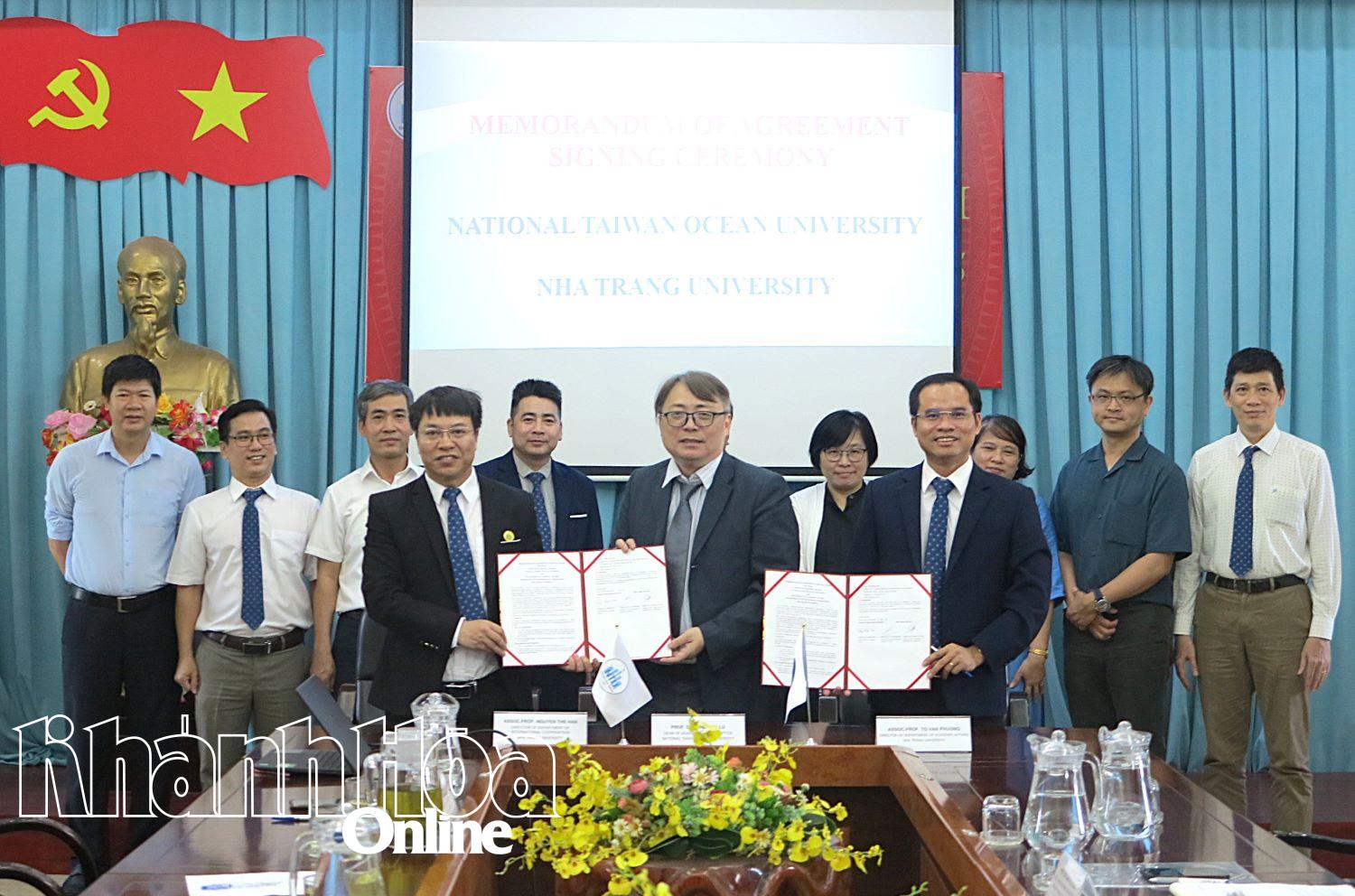

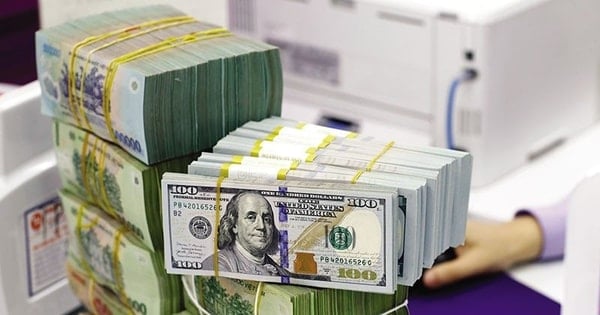

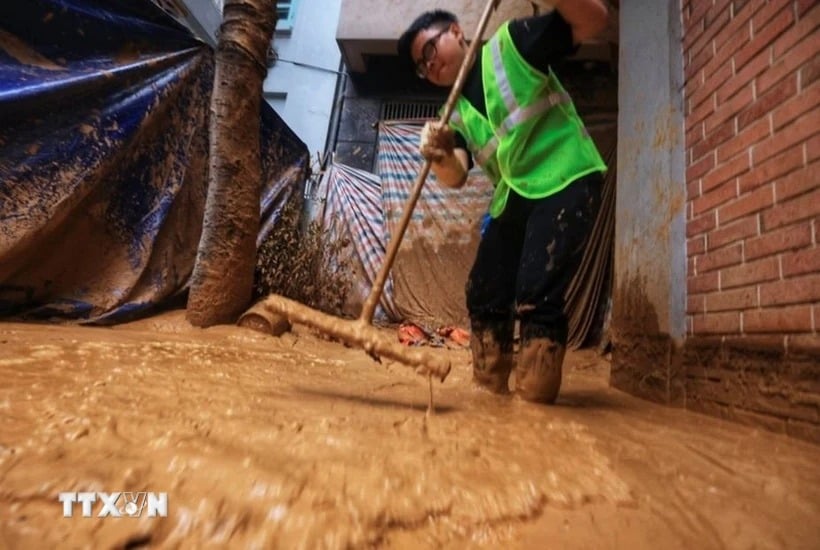

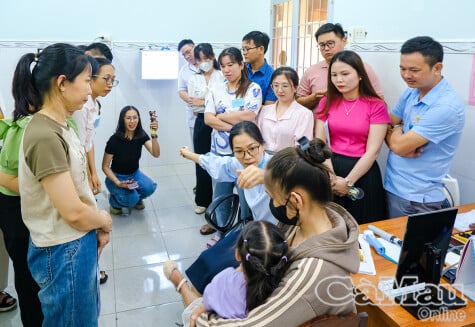











Comment (0)